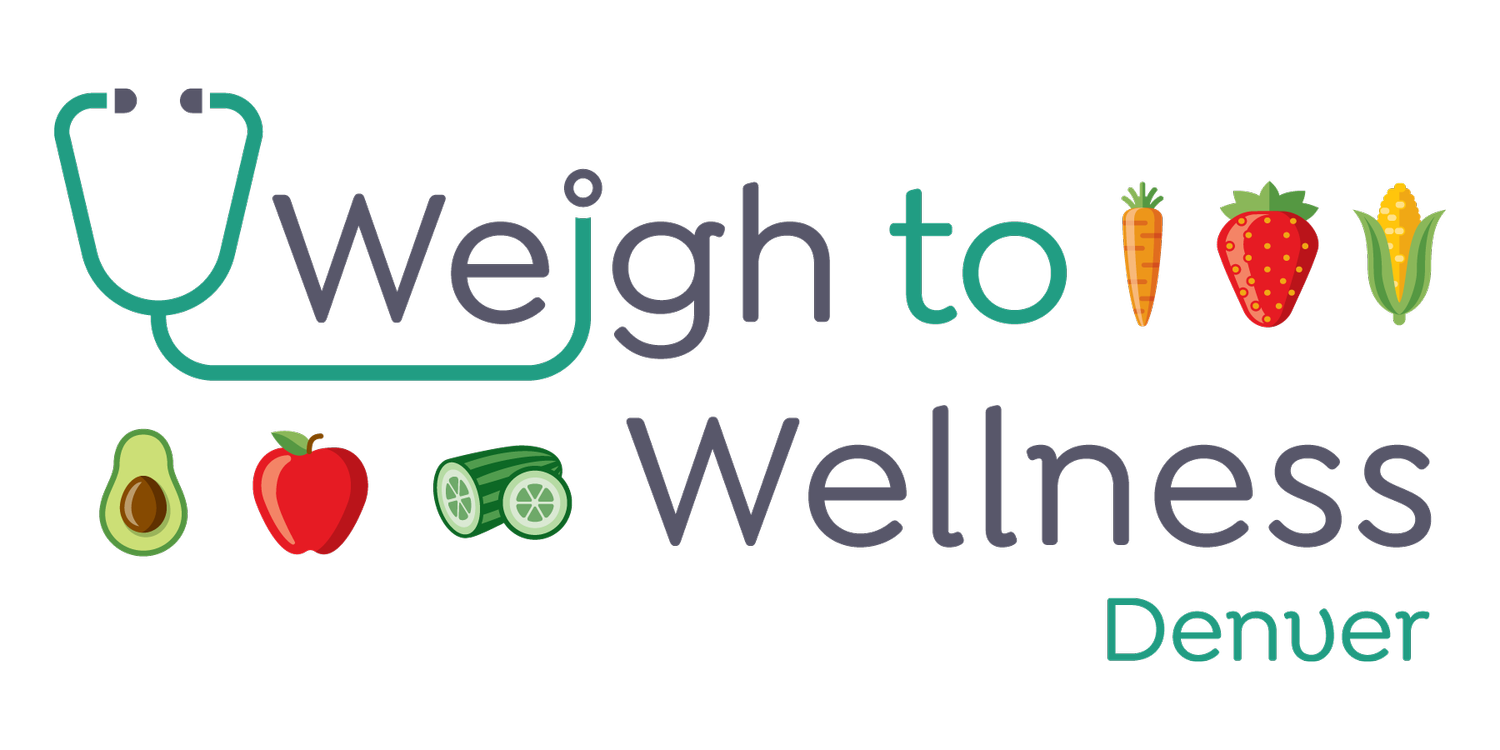Sugar Alcohols
In a world increasingly focused on healthier eating and sugar alternatives, sugar alcohols have emerged as popular substitutes. Found in many sugar-free gums, candies, and diet-friendly foods, these compounds offer sweetness without the full impact of regular sugar. But how do they stack up when it comes to health? Below, we explore what sugar alcohols are, their potential benefits, and the considerations to keep in mind when incorporating them into your diet.
What Are Sugar Alcohols and Why Are They Popular?
Sugar alcohols, chemically distinct from traditional sugar, are a type of carbohydrate that naturally occurs in certain fruits and vegetables but is often manufactured for use in food products. They provide sweetness with fewer calories than regular sugar and have minimal effects on blood sugar levels. Unlike artificial sweeteners, sugar alcohols have a taste profile closer to sugar, making them a favorite for those seeking natural-tasting alternatives.
The appeal of sugar alcohols lies in their ability to mimic the sweetness of sugar without some of its downsides. For individuals managing diabetes, weight loss goals, or oral health, sugar alcohols offer several advantages that make them a common ingredient in sugar-free and low-calorie products.
The Health Benefits of Sugar Alcohols
A Sweet Option for Diabetics
One of the key advantages of sugar alcohols is their minimal impact on blood sugar levels. Compounds like xylitol and erythritol are only partially absorbed in the digestive tract, which means they don’t cause rapid spikes in blood glucose. This property makes them an excellent option for people with diabetes who need to manage hyperglycemia. However, it’s essential to monitor portions, as excessive consumption can result in gastrointestinal discomfort.Promoting Oral Health
Unlike traditional sugars that feed harmful bacteria in the mouth and lead to tooth decay, sugar alcohols are non-cariogenic. This means they do not contribute to cavities. Xylitol, in particular, is known for reducing the growth of oral bacteria and lowering the risk of dental caries. Chewing sugar-free gum or consuming products with sugar alcohols may support better oral health when paired with good dental hygiene practices.Aiding in Weight Management
Sugar alcohols are lower in calories compared to regular sugar, typically providing 1.5–3 calories per gram versus sugar’s 4 calories per gram. This reduction can help individuals control their calorie intake without sacrificing the sweetness they crave. Incorporating sugar alcohols into recipes or snacks is a popular strategy for weight management. However, they should be part of a balanced diet, as over-reliance on any one type of sweetener can have drawbacks.
Considerations and Drawbacks of Sugar Alcohols
While sugar alcohols are generally recognized as safe (GRAS) by regulatory authorities, their consumption should still be approached thoughtfully. Overindulging in foods with sugar alcohols—especially sorbitol and mannitol—can lead to bloating, diarrhea, and other gastrointestinal issues due to their incomplete absorption in the gut. Moderation is key to enjoying their benefits without unpleasant side effects.
In addition to their immediate effects, researchers are exploring the long-term impact of sugar alcohols on gut health. Some studies suggest they may alter gut microbiota composition, but more research is needed to determine whether these changes are beneficial or problematic. If you’re introducing sugar alcohols to your diet, it’s wise to start with small amounts and observe how your body responds.
Conclusion: Are Sugar Alcohols Right for You?
Sugar alcohols offer a range of benefits, from supporting weight management to improving oral health and managing blood sugar levels for diabetics. However, they are not a one-size-fits-all solution. Individuals with sensitive digestive systems or those prone to overeating sweets may experience side effects if they consume too much. By using sugar alcohols in moderation and alongside a diverse, balanced diet, they can serve as a helpful tool in achieving health and wellness goals.
Whether you’re a health-conscious consumer, a diabetic, or simply trying to cut back on sugar, sugar alcohols provide a sweet compromise. Just remember: moderation makes all the difference.

